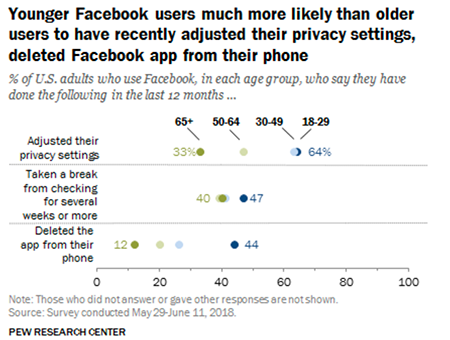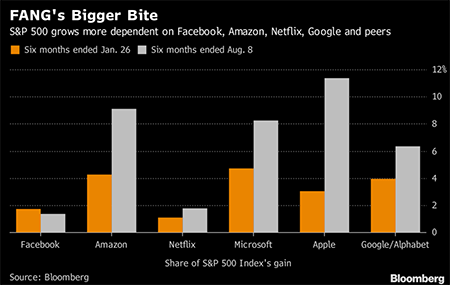Toronto is home to a ‘treasure trove’.
And Google wants in.
But, let me give you some background first.
Last year, Waterfront Toronto — an organisation created by the city to develop the city’s waterfront — started looking for a partner. They wanted help developing Quayside, a 12 acre precinct…and they chose Google.
Google has an urban innovation start-up called Sidewalk Lab, which looks at ways to improve city living. The new area, which will be called Sidewalk Toronto, will combine design and technology.
Sidewalk Toronto is looking to set up an example for the rest of the world to follow on how to build smart cities through technology. They are looking at creating a smart city ‘from the internet up’, using sensors and smart devices.
And Sidewalk Labs has made some big promises, like relieving traffic, using green energy and creating affordable housing. As you are probably aware, Canada’s property prices have been rising recently, much like in Australia.
I mean, it all sounds great…
….as long as you ignore the fact that it could also become a massive data collection area.
From The Atlantic (emphasis mine):
‘Nearly every city-fixing proposal from Sidewalk Labs combines civil engineering with some element of data collection—what the vision document calls “ubiquitous sensing.” Quayside reduces carbon not just via a thermal grid, but by embedding each home and office with Alphabet’s Nest smart thermostats, which use “occupancy sensors” and predictive modeling to autonomously adjust temperatures throughout the day. It mitigates traffic congestion by not only designing a more walkable city, but by employing a series of always-on cameras in public spaces that use computer vision to analyze traffic patterns.’
The big danger here, according to privacy expert Ann Cavoukian, who resigned from the project, is that data collected isn’t anonymous. As the article continued (emphasis mine):
‘The city is literally built to collect data about its residents and visitors, which Cavoukian was clear-eyed about when she signed on to be an adviser. She’s worried about Sidewalk using all these cameras and sensors to track people on an individual level, to create real-life versions of the personal profiles Google already uses to track people online. Without anonymization, she said, a single person’s activities could be connected across multiple sources and varying databases to track his movements over the course of the day.
‘The nature of Big Data analysis is that it reveals patterns and potential correlations that people don’t realize exist. For example, do people tend to order Uber Eats more when there’s more pollen in the air? This would be valuable information for companies, which could hypothetically time nudges and ads on food delivery around pollen season. Personally identifiable data “is a treasure trove,” Cavoukian said. “They want the identifiable data because then you can send all types of ads. Once people’s interests and comings and goings are [tracked], it would be a nightmare.”’’
That is, companies could use your own data to ‘nudge’ you into certain decisions.
Understandably, backlash is growing. There are a lot of unanswered questions.
Who gets access to the data? How will it be used? And, can a resident opt out?
There is no way of knowing how all that data will be used by the companies that have access to it.
Google isn’t the only tech company dealing with privacy concerns.
Facebook has been facing backlash on similar data and privacy issues like the Cambridge Analytica scandal.
Social media sites like Facebook have often been compared to drug addiction. But it looks like users may be starting to wean off.
Facebook usage on the decline
According to a recent survey by Pew Research, 66% of Facebook users have either deleted the Facebook app from their phone or have taken a break from the platform in the last 12 months.
When you look at the percentages for younger people, the number is much higher. As you can see below, 91% of people between 18–29 have either deleted the app from the phone or taken a break.
 |
Source: Pew Centre |
The FANGs — Facebook, Amazon, Netflix and Google — have become massive companies. They have been one of the forces driving the market up.
As Bloomberg reported back in August, the FANGs, together with Microsoft, accounted for a whopping 38% of the S&P 500 gains from 8 February to 8 August.
 |
Source: Bloomberg |
But now their stock is tanking.
Facebook is down 39% since its 52-week high. Google is down by over 20%.
Amazon and Apple have both lost over 26%. And Netflix over 38%
Could the FANG be the thing that takes the market down?
Best,
Selva Freigedo





